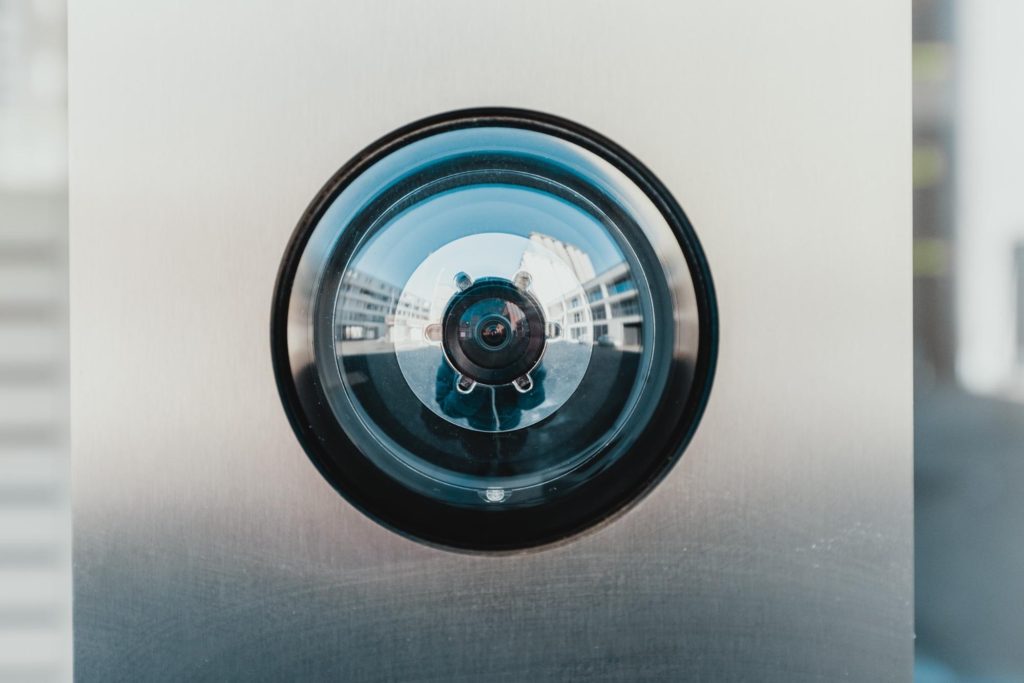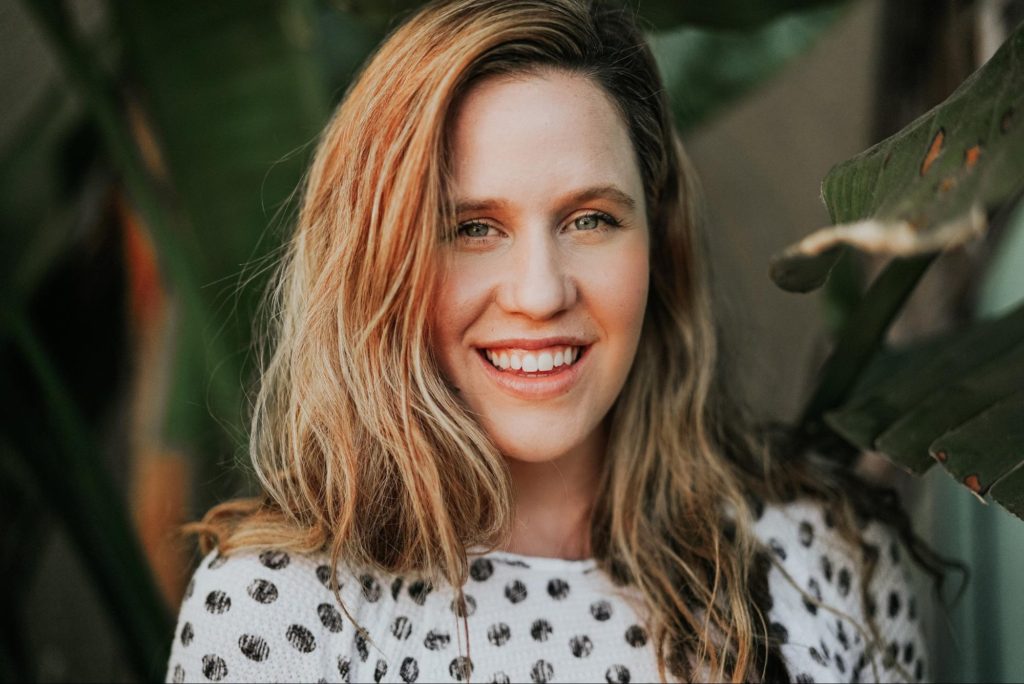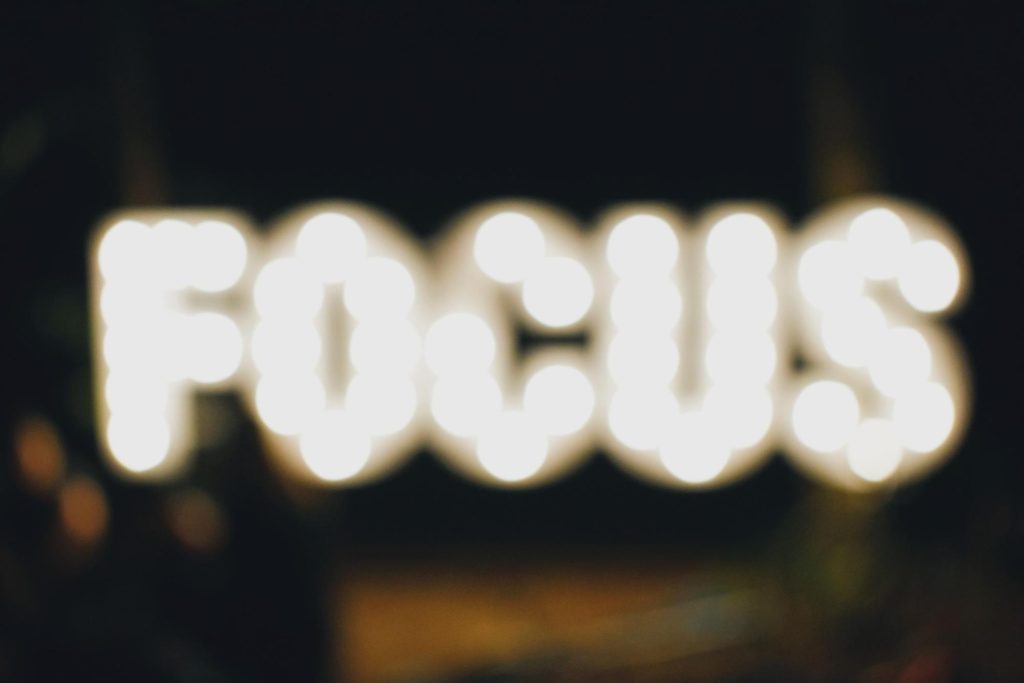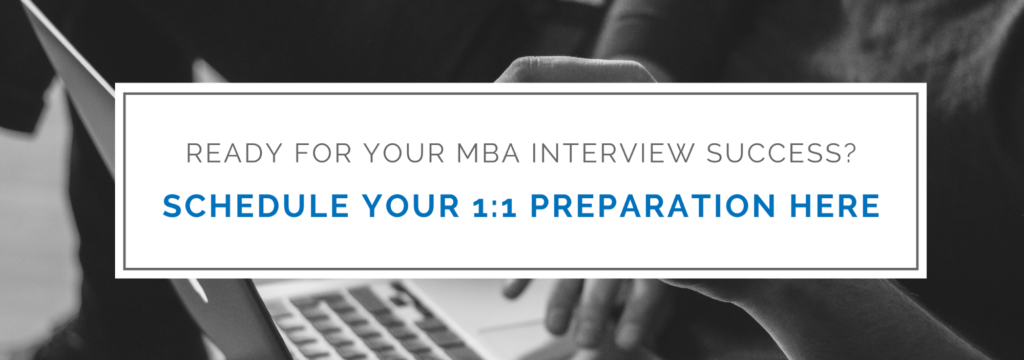UPDATE: This article was originally posted on October 15, 2018. It has been updated with new information and tips below.
As the saying goes, first impressions last a lifetime. And if you’ve been invited to interview for one of your top choice MBA programs, the first impression you make on your interviewer can have major implications for your future.
With busy schedules, however, with COVID-19 changing the way we work and live, MBA interviews have largely moved online.

(Photo courtesy of UVA Darden’s website)
Though many candidates worry they won’t be able to make as good of an impression using digital tools, that’s just not the case!
Nonetheless, interviewing any video platform does present a unique set of challenges, which is why we’ve prepared this list of our top 8 tips on how to ensure your MBA Skype interview adds value to your application and helps you secure a spot at your dream school!
1. Prep and test your tech
First impressions are very difficult to reverse, so you want to take precautions to make sure your interview goes as smoothly as possible. After all, there’s nothing more frustrating than technical issues.
For that reason, we suggest you get in touch with your interviewer in advance to determine which platform you will use to connect.
If you’ll use Skype, ask them in advance for their username and make sure to add them as a contact right away. If you’ll use more of a link-based platform like Zoom, make sure you download the software in advance and ask for any links or passwords you need to connect. After all, you don’t want to show up late because you can’t find the link to join your Zoom call.
If you will be needing to use any features, such as screen-sharing for a presentation, be sure you are familiar with them ahead of time. Additionally, if you use a profile photo for any of your video conferencing apps, make sure your profile picture looks professional.
Finally, make sure your equipment is also working properly.

You don’t need more than a laptop or iPad to complete your interview, but it’s a good idea to make sure your camera and microphone are in proper working order. It’s also advised to use headphones to ensure that there is no feedback from your speakers – this will be distracting to you and the interviewer!
If you do have unexpected technical difficulties during your interview, however, take a deep breath and problem solve. If a blackout hits your city during the middle of the interview (as is common during the monsoon season for many of our international clients), send a polite email immediately explaining the situation and asking if the interviewer minds finishing the interview via phone (yes, this has happened before!).
In some cases, your interviewer may need to reschedule if your technical issues take a while to resolve. Though this should be left as a last resort, try to reschedule as quickly as possible to ensure you don’t miss any of your target school’s deadlines.
2. Choose your location wisely
You should have your online interview in a relatively quiet area.
Be sure to let roommates or family members know ahead of time that you have an interview so they know not to enter the room you’ll interview in – this is especially important if other members of your family are working from home during the pandemic!
If your apartment is located near a busy street with audible traffic, you may want to find a different place in your house to talk. Similarly, you may want to find a time when few people are likely to interrupt you to ensure you don’t become distracted (or worse, give your interviewer the impression that this interview just isn’t worth your time).

Busy backgrounds will only take the attention away from you and your answers. Instead, choose neutral backgrounds like white walls or neat bookshelves.
To ensure the best results, set yourself up in front of a relatively neutral background. A piece of art or organized shelf with few items in the background is ok, but busy or distracting backgrounds will pull the attention away from the main attraction (YOU!) and should be avoided.
A few years ago, I was helping train a client Luiz for his Chicago Booth interview. Though he had an incredibly strong profile and was carefully navigating the interview, I kept getting distracted by the large collection of Viking hats on display behind him! That’s why we suggest a more neutral background that won’t cause the interviewer to ask themselves unnecessary questions. You’ve worked too hard to lose your interviewer’s attention for even a moment.
Most importantly, you want to make sure to avoid any “I am not a cat” type fiascos, so run a test to ensure any filters you enabled while chatting with friends last night are fully off before your interview.
After choosing the ideal location, set up your camera make sure your entire face is showing and that you can be easily heard by your device’s microphone. You might want to test out a few configurations before your interview begins to ensure you’ve got the optimal setup.
3. Be personable on camera
This is quite a specific skill to master, but with a bit of practice will get much easier. However, being more personable on camera (and in presentations in general) is a skill that will bring you countless benefits as you advance in your career.

First, it’s important to feel and look prepared. My best tip for you is to practice recording yourself and time yourself as well. Go through the questions you have, take your planning time to think and plan, and then record yourself for the time given to respond. If you mess up, keep going, just like you would during the real interview – practicing this will help you fake confidence if you need to!
Then watch the recordings of yourself. Were you making eye contact with the camera? (Although it may seem intuitive to look at the screen, you want to replicate real eye contact by looking at the camera.) Did you smile? Did you look friendly? Bored? Annoyed? Scared?
Chances are the first few you do won’t be great but keep going: the more you practice, the more comfortable you will be during the actual interview. Remember that business schools are looking for friendly people to join their community, so make sure you’re showing your true colors on camera.
Furthermore, be extremely careful with your tone of voice and body language. Maintain good posture and keep an engaged and positive expression on your face. If you’re slumped over or look bored, your interviewer will get the impression you’re not engaged with the task or, worse, that you’re not passionate about their MBA!
Passion is contagious, and the last thing we think of when imagining a passionate person is a monotone, bored voice. So vary your tone of voice and make sure to project your passion for your interests and for their business school. If you’re not naturally good at this, you may want to seek out help from friends or record yourself multiple times until you’ve nailed the brief.
If you’re still struggling, you may want to do more research into what being personable is all about, or even schedule time with an interview expert to ensure you’re selling yourself well on camera.
A good interview coach can not only help you match your answers to a particular school’s fit, but can also help you communicate more clearly and make a winning first impression during your interview.
But most importantly, don’t forget to smile! Though this may sound cliché or outdated, smiling really is one of the best — and easiest — ways to be memorable and to create a positive first impression.
4. Refer to notes if you need
Though you should maintain good eye contact during the duration of your interview, it’s ok to cheat a little bit and keep a few notes on your screen.
This does not mean you should keep a 20-page document full of long, written answers to every possible question you might be asked.
Instead, you can prepare a shortlist of things like names of classes or professors that attract you to the school, the names of alumni you’ve spoken with, and bullets to ensure you answer the most important questions of your MBA interview in a way that perfectly aligns with your application.
You don’t want to seem like you’re reading during the interview, but a few well-chosen (and well-edited) notes can help you out if you draw a blank.
5. Dress the part
While business schools promote diversity in their classrooms (and we certainly aren’t telling you to limit your individuality), the attire you choose for all events in life is incredibly important. What you wear not only signals your personality, it also shows the interviewer how seriously you’re taking your interview.
Though you don’t need to “dress up” for the interview, you should look presentable and professional. We suggest wearing business attire, though you can also incorporate a few subtle modern touches to show your personality. You do not need to wear a suit and tie unless you feel more comfortable doing so.

You should, however, avoid extremely bright colors or complicated patterns, since these often don’t show up well on camera.
We also suggest you remove glasses (if you wear them) since it makes your eyes difficult to see. If you don’t have contact lenses or can’t reasonably see your screen without your glasses, make sure you play with your lighting in advance to find a configuration that avoids any type of glare appearing on your glasses. After all, not being able to see your eyes has the same effect as making poor eye contact.
6. Stay focused
Don’t forget a very important detail: your interviewer is giving up some of their time to meet with you without receiving anything in return.
This means that you should give your interviewer the utmost respect and your absolute focus during the interview. After all, there’s nothing ruder than realizing the person you’re talking to is much more interested in an email or text message than in the conversation. And after years of training candidates for Skype interviews, let me tell you, it’s very easy to notice when someone starts focusing on another task.

As such, we suggest you close all other programs and windows (except a file with your notes) and disable all notifications on both your computer and your phone. It’s almost impossible not to check an incoming text or email, so make sure you remove the temptation.
After all, you’ve spent months preparing to get to this moment. Spending an hour or so “offline” won’t be the end of the world and will help make sure you deliver your best during your interview.
7. Be mindful of timing
Have you ever noticed that when meeting with someone face-to-face, the conversation just tends to flow a bit better?
You’re not alone. According to serial entrepreneur Andrew Griffiths, it can be much easier to engage with someone when they are sitting a few feet away from you, meaning it’s easier to keep their attention on you and your story.
Since you don’t have the benefit of meeting your interviewer in person, however, you should be mindful of the length of your examples throughout your interview.
The suggested time for each response is 30 seconds to 2 minutes – this is why it’s important to plan in advance and practice how to efficiently tell your examples!
Make sure you’re more concise with your answers during a Skype interview to ensure the focus remains on the most important thing of all: why you’re a standout candidate who deserves a place at your dream school.
8. Practice. Practice. Practice.

You have stressed about every aspect of your MBA application, and now you are ready for your interview! With the right preparation, this can be your chance to shine and get a highly-coveted spot at an elite business school.
However, maybe you don’t know where to start in preparing, or maybe you tend to ramble on and lose focus during interviews. Maybe you’ve even downloaded sample questions and written out your answers. The problem is, when you try to apply these templates to your own story, it doesn’t quite work.
Our interview prep focuses on helping you determine how to present yourself during your MBA Skype interview while using appropriate, impact-driven language without being artificial, or worse, robotic.
Our tailored approach was critical to helping our client Fernando secure a spot at Harvard Business School.
In his words:
“After several months working with Ellin, I can say that she played a vital role throughout the MBA application process by always offering good advice, asking the right questions, helping me manage my time, preparing me for the interviews and even helping with ad-hoc questions about schools, financial aid or whatever other existential question that would come to my mind.
I absolutely recommend Ellin’s work to anyone who is applying to – or thinking about applying to – an MBA program. She definitely made the processes smoother and helped me get to the end goal: get accepted at HBS!”
Our individual approach is why 98.5% of our clients secure admissions to at least one of their target schools.
Want to put the Ellin Lolis advantage to work for you? Schedule your interview preparation with our native-English speaking team of interview experts today!
Real MBA Essays That Got People In
School-specific sample essays that got our clients accepted






